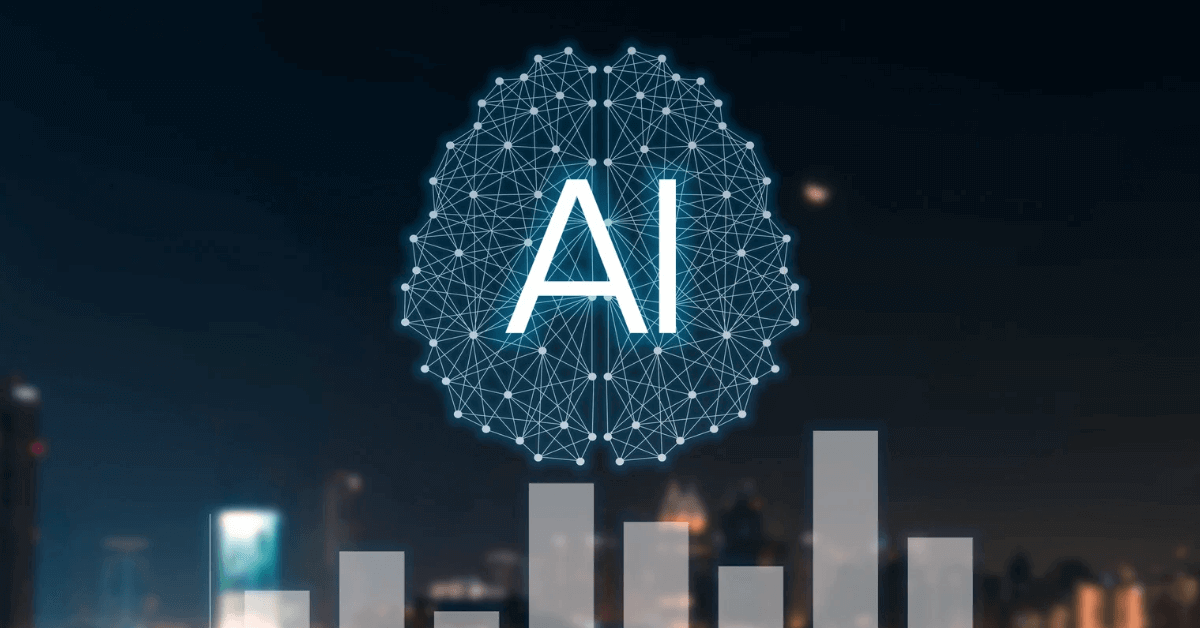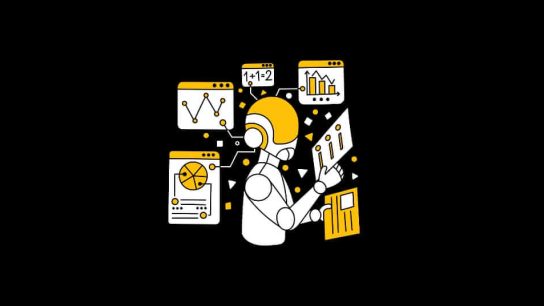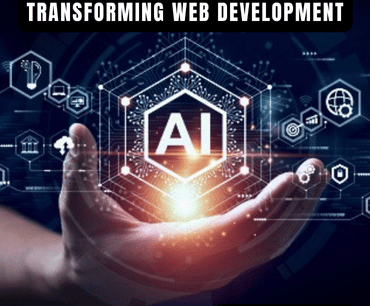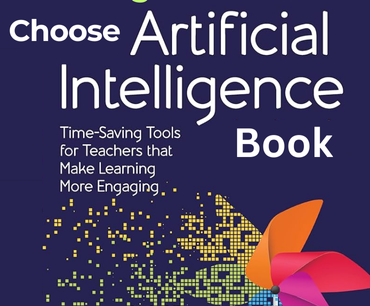With the advent of the era of big models, AI Effect on human society has become one of the important technologies. How will AI affect human society in the coming times?
The issue of how to create “responsible artificial intelligence” is becoming more urgent and critical. Microsoft has always been committed to promoting the development of artificial intelligence based on people-oriented ethical principles. Microsoft Research Asia also regards “Socially Responsible Artificial Intelligence (Social AI)” as an important research direction.
In 2023, Microsoft Research Asia specially organized a series of seminars on “Socially Responsible Artificial Intelligence (Societal AI)”, providing a platform for researchers in the computer field and experts and scholars in the social sciences to deeply explore interdisciplinary frontier issues and help shape the future of harmonious coexistence between artificial intelligence and human society. The series of seminars includes three major themes: law and ethics, psychology and sociology. Today, we bring you the last issue of the content of the series of workshops. Let’s listen to the thoughts and discussions of scholars from all walks of life on artificial intelligence and how AI will affect human society.
AI Affect the Future of Humanity?
Artificial intelligence (AI) will significantly impact our future. Its effects on society, labor division, economic structure, and education are profound. As AI develops, we must consider both its benefits and potential risks.
To address these challenges, Microsoft Research Asia organized the “Socially Responsible Artificial Intelligence (Societal AI)” seminars in 2023. These events brought together computer researchers and social science experts from various institutions to explore interdisciplinary issues related to AI, including law, psychology, and sociology.
Human society is interconnected; changes in one area can affect many. With support from Dr. Junming Huang of Princeton University, Microsoft Research Asia held a special discussion on societal and technological issues. Experts focused on digital equality, social equity, and economic changes due to AI, providing thoughtful insights on this evolving topic.
Social Equity Issues Caused By AI
Among the various concerns caused by the rise of AI, the most widespread problem is that the large-scale application of AI will exacerbate social inequality. We can all foresee the “Matthew effect” brought about by the application of AI: the strong in the AI competition continue accumulating resources, and their advantages continue to expand. At the same time, the laggards seem to face an increasingly passive dilemma.
Professor Xie Yu of Princeton University pointed out that in the initial stage of the development of artificial intelligence, the scale and volume of different countries may constitute an original advantage. For example, countries with many Internet users have a great data advantage. Professor Sang Jitao from Beijing Jiaotong University said that the party that adopted emerging technologies earlier would have a better chance of starting a positive feedback loop.
Comparison of AI With Other Technologies
Compared with other technology fields, resources in AI are more concentrated, and only a few companies and countries dominate the entire industry. In response to this situation, Professor Patrick Park of Carnegie Mellon University believes that in the future, we need to think deeply about whether people should pursue the popularization of technology and put technology in the hands of the public or strengthen regulation to prevent the risks of technology abuse. These two paths have advantages and disadvantages and will also bring new challenges to social equity issues, so all sectors must explore different coping methods jointly.
How will AI Reshape the Social Division of Labor?
Information Security and Social Concepts
Today, people live in a society surrounded by all kinds of information, which also means that AI’s powerful information processing capabilities will potentially threaten information security. AI can directly change what we see through content generation, affect the authenticity of the information we are exposed to, and even affect everyone’s social concepts through information means. It is undeniable that, like other information processing methods, AI generates false information and is also affected by other false information.
Professor Sang Jitao
Professor Sang Jitao envisions a future where AI generates much Internet content. The amount of AI-generated data in model training will rise. AI will often use this generated information for training. If previous models produce incorrect data, future models may amplify these errors. Academia and industry must seek diverse training data and improve verification methods. They need to enhance information credibility for better decision-making.
The rise of AI-generated content will impact society. Professor Cheng Siwei notes that AI will complicate understanding social concepts. Zhang Weining from Cheung Kong Graduate School emphasizes the need for content screening. Verifiable information is crucial for maintaining public balance. Patrick Park stresses that building trustworthy training data will be vital. Professor Xie Yu advocates for promoting independent thinking and a humanistic approach in education.
Will Scientific Research and Education Be Automated?
The impact of the digital wave brought by artificial intelligence covers all aspects, including the field of human exploration and transmission of knowledge. There is no doubt that artificial intelligence will become a powerful tool in human scientific and technological research – promoting the digitalization of scientific research, expanding the scope of experiments, and generating new ideas to achieve the purpose of promoting scientific exploration. Anna Rogers from the University of Information Technology in Copenhagen mentioned that AI models can also be used to express scientific research results more effectively, which helps non-English-speaking researchers to better participate in research work.
Bernard Koch – University of California
Bernard Koch from University of California highlighted changes in machine learning research. Researchers are using fewer benchmarks and smaller data sets. This can lead to overfitting and narrower cognitive questions. Ethical risks arise when data sets lack representation. Fewer participants may result from limited benchmark questions. Unique questions are crucial for scientific research. AI’s involvement might narrow cognitive scopes. Participants suggest focusing on human-AI collaboration.
AI is also reshaping views on education. It affects educational content, the role of teachers, and the value of education. James A. Evans from the University of Chicago noted little change in education. While top universities research diverse topics, course content often remains outdated. Large models will help educators address past oversights and enhance learning experiences.
The Workshop on AI’s Impact on Society and Advancements in Technology
The profound AI affect on the world has just begun to emerge. Where it will go requires our patient observation and continued attention. To welcome the intelligent future with new possibilities, all sectors of society need to be prepared in all aspects: whether it is the protection of social fairness, the maintenance of economic order, or the security of science, education, and humanities, there is still a lot of work to be done. Microsoft Research Asia will continue to build “socially responsible artificial intelligence” with the most cutting-edge vision and interdisciplinary breadth and inject Microsoft’s power into the rapidly changing world.




